Ten Questions for Rachel Eliza Griffiths
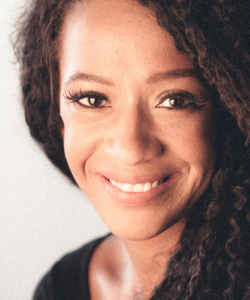
“The uneven rhythms of grief don’t allow you to do or to feel life as you did before.” —Rachel Eliza Griffiths, author of Seeing the Body
Jump to navigation Skip to content

“The uneven rhythms of grief don’t allow you to do or to feel life as you did before.” —Rachel Eliza Griffiths, author of Seeing the Body

“What’s most fundamental is being able to listen.” —Lauren Russell, author of Descent
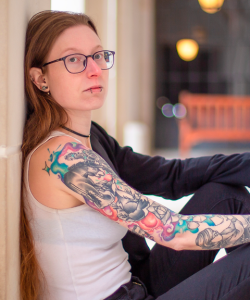
“I have a deeply unhealthy work-life balance in that the Venn diagram of those things is a circle.” —Ilana Masad, author of All My Mother’s Lovers
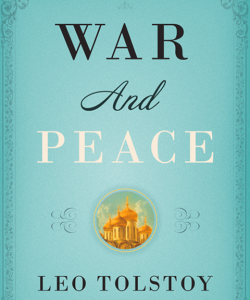
Reading Tolstoy’s War and Peace as part of a virtual book club hosted by Yiyun Li and A Public Space has become a comforting ritual during the pandemic.

“Write what you do not know, which I think is particularly helpful because—not to sound too much like Socrates—I’m not really convinced that anyone knows anything.” —John Elizabeth Stintzi, author of Vanishing Monuments

The author of The Prettiest Star celebrates the magic of minor characters.
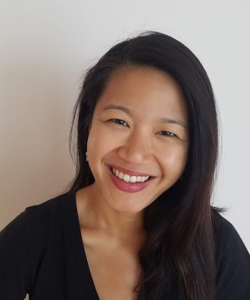
“I wish I could simply walk into an office every day and feel ready to go, but that’s just not the case for me, and I know that by now.” —Marianne Chan, author of All Heathens
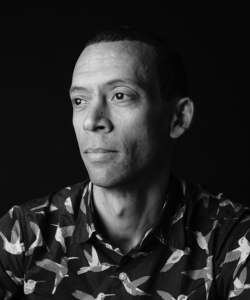
“There’s no shortcut. Not for anything.” —Kawai Strong Washburn, author of Sharks in the Time of Saviors
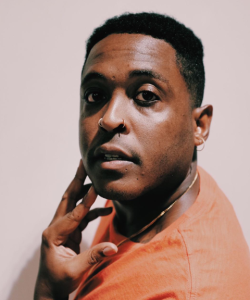
“The book didn’t announce itself to me until 2017, when I went looking for it. I scanned over the poems I had been writing, scanning to see what my brain had been up to without me noticing.” —Danez Smith, author of Homie
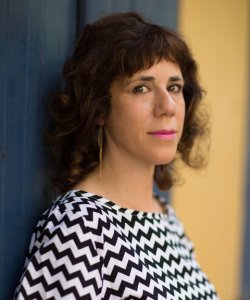
“In college I had a fiction teacher tell me to make every sentence so good that the reader would have to read the next one. So basic and obvious but I needed to hear it.” —Jami Attenberg, author of All This Could Be Yours